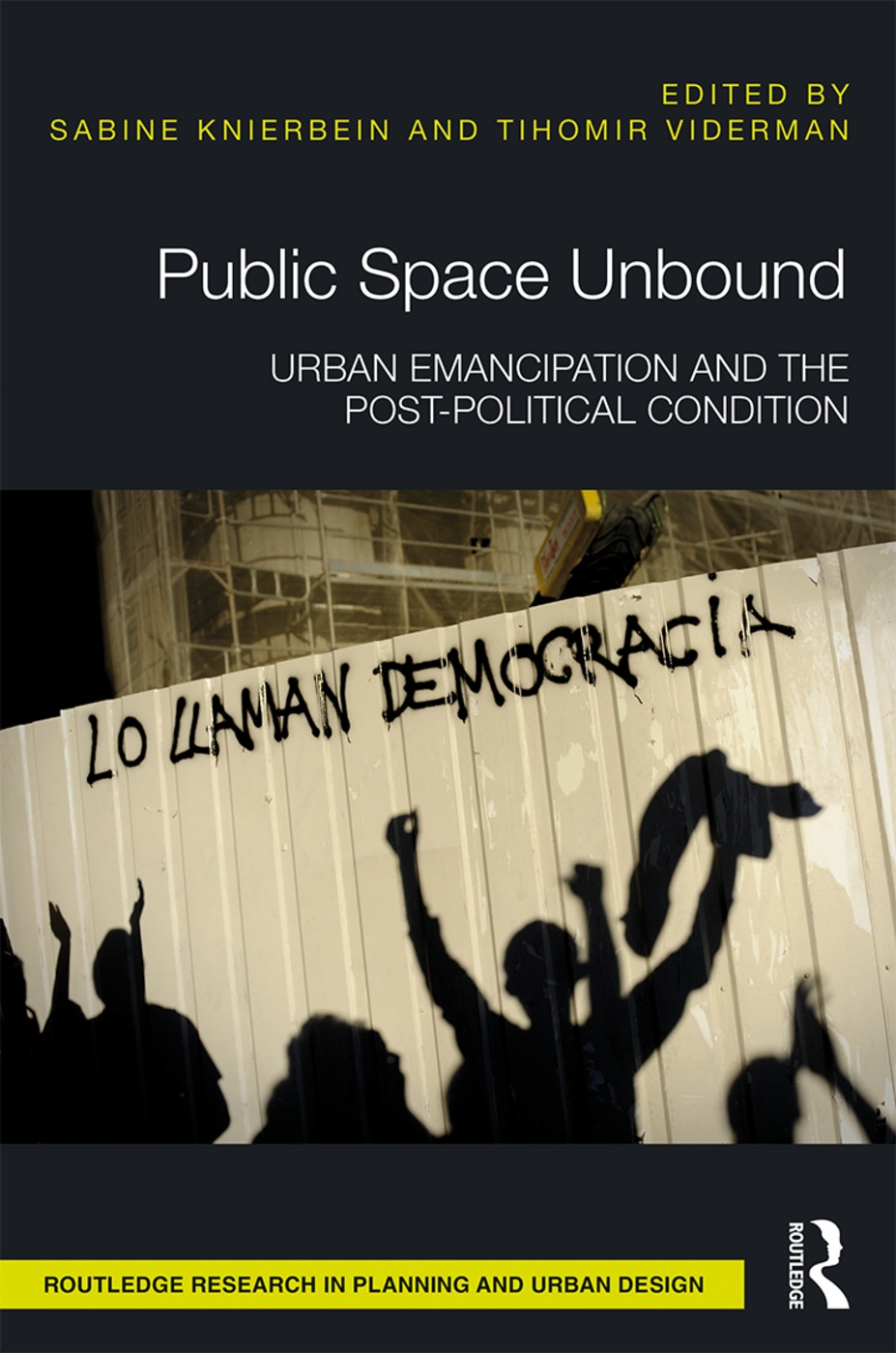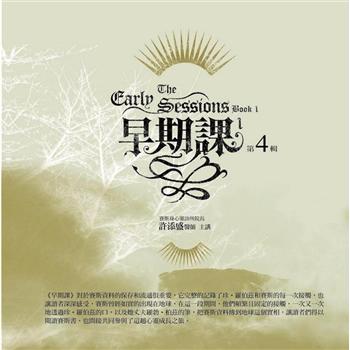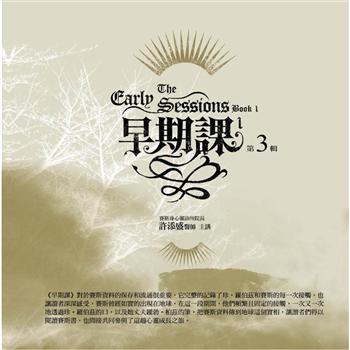Through an exploration of emancipation in capitalist urbanization, this book argues the political is enacted through the everyday practices of publics producing space. This suggests democracy is a spatial practice co-constituted by residents, places, and practices rather than an abstract professional field organizing people and movements.
Public Space Unbound brings together a cross-disciplinary group of scholars to examine spaces, conditions and processes in which emancipatory practices impact the everyday life of citizens. We ask: How do emancipatory mo(ve)ments relate with public space under ‘post-political conditions’? In a time when democracy, solidarity and utopia are in crisis, is it still productive to claim future progress by urban revolution, or shall we rather look at small emancipatory mo(ve)ments that characterize present everyday life?

 看圖書介紹
看圖書介紹










